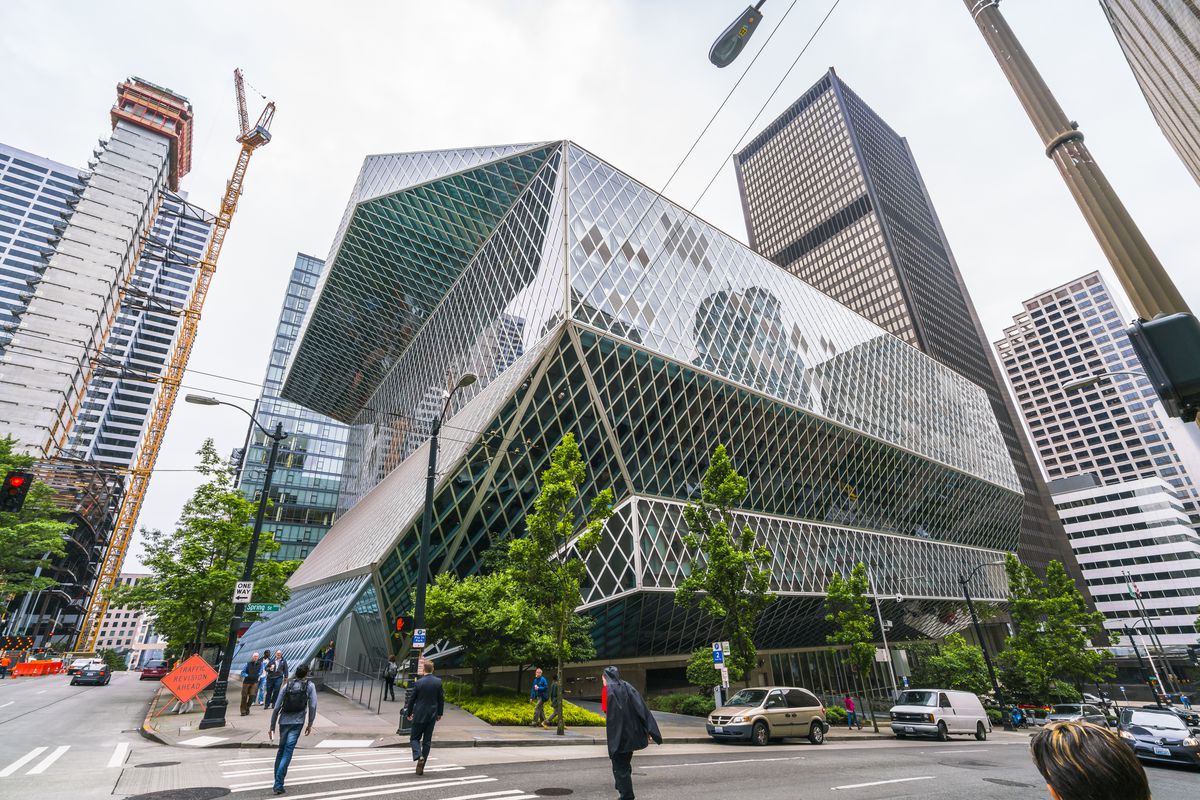If you are an importer of electrical products to Saudi Arabia, you need to ensure that your products comply with the country’s safety and quality regulations. One of the key steps in achieving this compliance is obtaining the SABER certificate.
SABER (Saudi Product Safety Program) is a program established by the Saudi Standards, Metrology, and Quality Organization (SASO) to regulate and certify products in the Saudi market. SABER certification is mandatory for many products, including electrical products.
Here’s what you need to know about SABER certification for electrical products:
What are the requirements for SABER certification of electrical products?
To obtain the SABER certificate for electrical products, you need to ensure that your products meet the technical requirements specified by SASO. These requirements include safety and performance standards, as well as other technical specifications related to the product.
What are the benefits of SABER certification for electrical products?
SABER certification ensures that your products meet the safety and quality requirements of the Saudi Arabian market. This certification can improve the credibility and reliability of your products, making them more appealing to potential customers. Moreover, SABER certification helps you avoid any legal or financial penalties that may result from non-compliance.
How can you apply for SABER certification of electrical products?
To apply for SABER certification of electrical products, you need to follow a few steps. First, you need to register on the SABER platform and create an account. Then, you need to submit the required documents and pay the certification fees. After that, you need to arrange for the product testing and evaluation process, which will be conducted by an accredited laboratory. Once the testing is complete, you will receive the SABER certificate if your product meets the specified requirements.
What are the costs associated with SABER certification of electrical products?
The cost of SABER certification for electrical products can vary depending on the type of product and the certification process involved. Generally, the costs include application fees, testing fees, and other charges related to the certification process. It’s essential to factor in these costs when budgeting for your product’s certification.
In conclusion, SABER certification is essential for ensuring the safety and quality of electrical products in the Saudi Arabian market. By obtaining this certification, you can enhance the credibility and reliability of your products, and avoid any legal or financial penalties that may result from non-compliance.

- JCT was Initiated in 2003,and has been established since 1990.we have been working on certification and testing for over 15+ years experience.
- More than 500 customers choose JCT’s Service, we JCT get more than 1000+ certificate for customers,and save many times and money.Also helped customers get more orders.
- We are confident that the job will be completed to your satisfaction. If for any reason you are not fully satisfied with the results, we will fix the issue and won’t consider the job done until you have a smile on your face!
- Don’t worry about hidden charges at the end. We present you with fixed rate pricing before any work even begins, so you will know exactly what to expect. What we quote is what you can expect to pay nothing more.





























